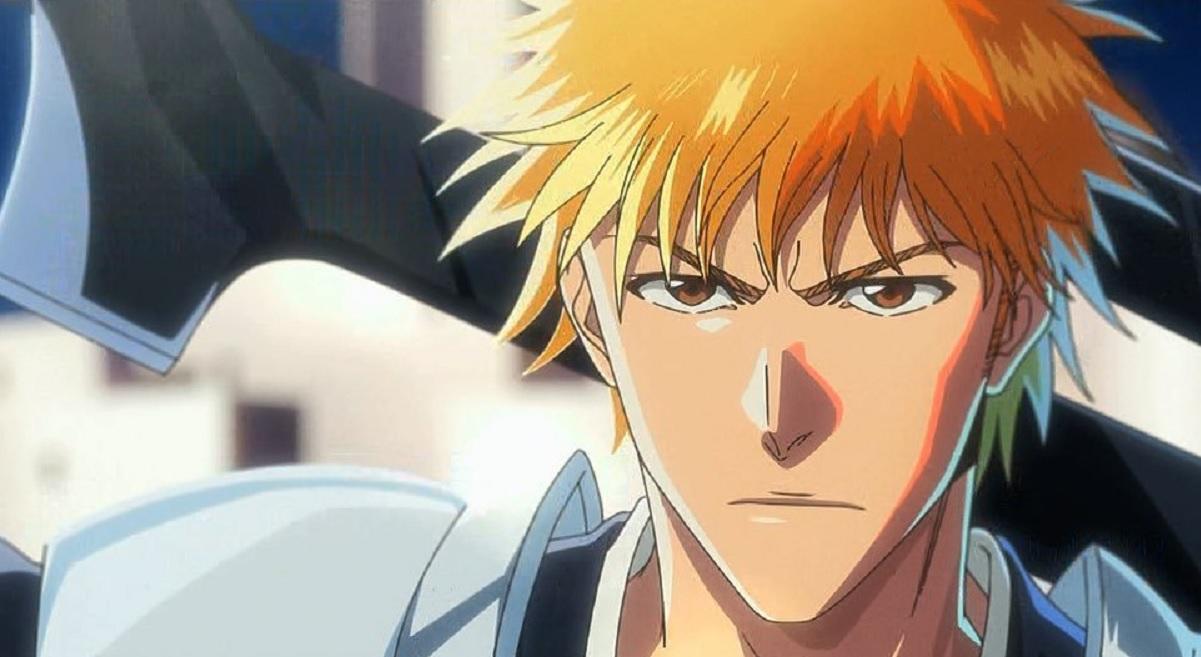Buffy the Vampire Slayer Star Reveals the Real Reason They Refused to Return to the Show
One of Buffy the Vampire Slayer's (which is celebrating its 25th anniversary in 2022) most controversial moments came when Warren Mears, one of the three early villains in its sixth season, shot and killed Tara Maclay. By that point, Tara's relationship with Willow Rosenberg was a rare, early, iconic representation of LGBTQ love on television. Many fans consider this moment an example of the "burying your gays" trope and a betrayal of Buffy's LGBTQ fans. There were also several seemingly missed opportunities to bring Tara back for a least a few episodes in the show's seventh and final season, such as in the episode "Conversations with Dead People" or in a discarded early version of the show's series finale.
Amber Benson, who played Tara, has previously said that she didn't return in "Conversations with Dead People" because she would not have been playing Tara but a manifestation of The First Evil, the season's "big bad." In the new book Into Every Generation a Slayer Is Born: How Buffy Staked Our Hearts by Evan Ross Katz, Benson reveals why she chose not to return at all, including for Tara's proposed resurrection in the season finale, citing a combination of frustration with an unidentified person involved with the show and simple lousy timing:
"This is the first time I'm talking about this. I had had some issues with somebody on the show, and it had kind of come to a head as I was getting ready to leave. Leaving the show was sad because there are some of the crew and the writers and some of the cast that I just adore, but I had made my peace with that person and the show and I was done: 'I'm leaving everything in a good place. I don't need to come back.' And then all the s–t hit the fan and Joss realized he had messed up. I mean, this is a time when people are, like, sending faxes to that production office, like this was a big, horrible thing, and it was devastating to a lot of people.
"And I think it hit Joss that he had made a mistake, that he had been short-sighted. I truly, for all of his faults and for all of the things about him that are frustrating, I don't think he ever meant to hurt the LGBTQ+ community. He just wasn't thinking. I can truly, from the bottom of my heart, say [that] this was nothing intentional This was a thoughtless error. But I didn't want to come back. He really wanted me to come back and we just couldn't come to an agreement on it. And most of that was my schedule. I was gonna miss going to England, not being able to direct The Ghosts of Albion if I had said yes.
"I didn't really trust what was going to happen to the character. I think that's something if you've talked to some other cast, people are like 'Yeah, I came back… and then he just did what he wanted. Even though he told me that he wasn't going to kill me in this way, he killed me in that way.' I just didn't feel super trusting of the situation. And I felt like people had already been really hurt by this. And I'm not the writer. I can't decide what's going to happen to this character. I don't have the reins. And so between the schedule, and not really having a hundred percent trust in what was going to happen and some other things, it just didn't work out."
Those last comments may refer to Charisma Carpenter's return to Buffy the Vampire Slayer spinoff Angel to reprise her role as Cordelia Chase in its final season. Carpenter returned under the condition that Cordelia the show wouldn't kill off Cordelia, but Cordelia did die at the end of Carpenter's return episode. Benson has previously backed up Charisma Carpenter's accusation of emotional abuse against Whedon, calling the Buffy the Vampire Slayer set a toxic work environment.
Into Every Generation a Slayer Is Born: How Buffy Staked Our Hearts is on sale now.



